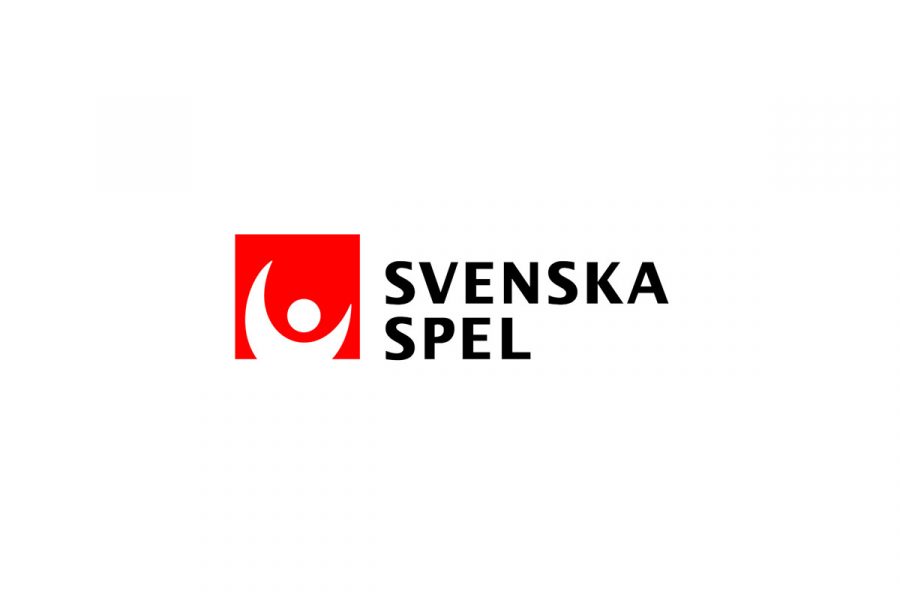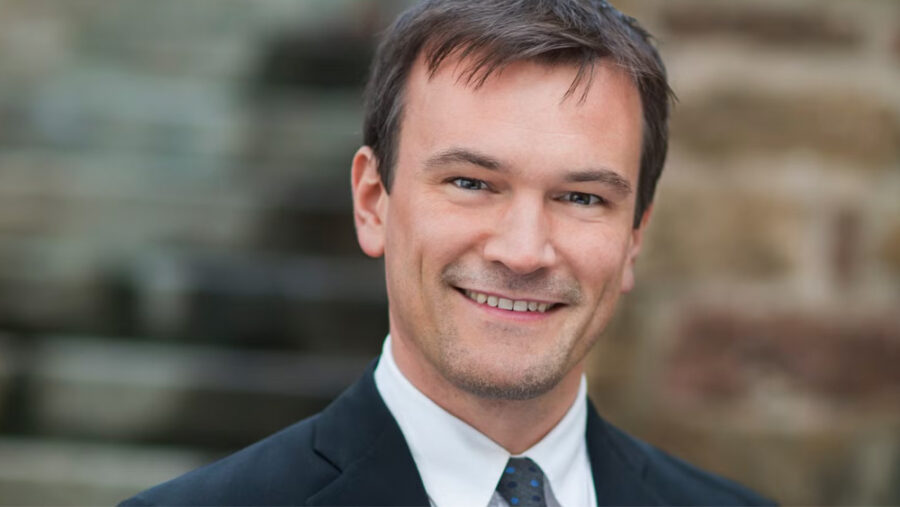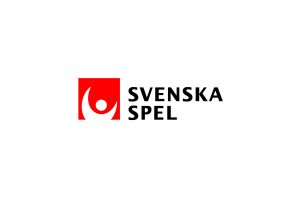Swedish gaming association says sale of Svenska Spel would prevent conflict of interest

After the sale of another state-owned company, BOS says the government should apply the same logic to the gambling market.
Sweden.- Gustaf Hoffstedt, the secretary general of the Sweden Trade Association for Online Gambling (BOS), has again called for the state-owned former gambling monopoly Svenska Spel to be sold off. In an op-ed piece for the news outlet Dagens Industri, he said the move would address concerns about regulatory authority and competition in the Swedish gaming market.
Hoffstedt cited the government’s recent decision to sell the Swedish vehicle inspection company Bilprovningen to the German provider TÜV Rheinland and drew parallels with Svenska Spel, which continues to have a lottery monopoly via its Tur business while also offering sports betting and online gaming. Svenska Spel also has a land-based casino in Stockholm under the Casino Cosmopol brand – it closed casinos in Gothenburg and Malmö earlier this year.
Hoffstedt noted that in the case of Bilprovningen, Sweden’s finance minister Elisabeth Svantesson had said there was “no obvious reason” why the state should own the company, stating that the state should be restricted to regulating and controlling the market rather than ownership. Hoffstedt suggested that the same logic should be applied to Svenska Spel in the gambling market.
He said: “Bilprovningen and Svenska Spel belong to a handful of state holdings that are particularly unsuitable for the state to own, in that the state companies operate in a competitive market alongside several normal private companies, where the state has the role of regulating both its own company but also all others.”

Sweden’s gambling market was opened up to competition in 2019, when competitive online gambling was launched. However, some operators feel that Svenska Spel’s continued lottery monopoly gives it an advantage in the market. There’s also the concern of a perceived conflict of interest of the government owning a company in a regulated sector, while Hoffstedt also suggested that any failings at Svenska Spel could harm the government’s reputation.
“No matter how much responsibility is distributed among various functions and authorities within the state, such an arrangement is set up to erode trust in the state’s role as a neutral judge,” Hoffstedt wrote.
He added: “Every day the state is owner of Svenska Spel, the government is exposed to this risk.”
Leading parties in Sweden have previously expressed support for calls to privatise Svenska Spel but have so far made no move to advance with such a proposal. However, Hoffstedt suggested that the sale of Bilprovningen shows the government is now “prepared to go from words to action”.
He wrote: “There is no reason to wait any longer with the privatisation of Svenska Spel. In fact, the state’s role as an impartial judge is probably even more important in the gambling market than in the car inspection industry. Of course, a sale must take place according to the rules in order to get as much for the company as possible. The sale can then form a basis for important government investments in infrastructure, for example.”
The operator reported revenue of SEK1.78bn (€156.5m) for Q3. That’s a drop of 9.3 per cent year-on-year and comes after Sweden increased gambling tax from 18 to 22 per cent of gross gambling revenue in July.
Online gambling revenue was up for the quarter ending September 30, rising 2.3 per cent, but offline gambling revenue fell by 10.3 per cent and bingo hall revenue fell by 25.6 per cent. Land-based casino revenue fell by 76.3 per cent due to the closure of two of the three Casino Cosmopol venues earlier in the year.











